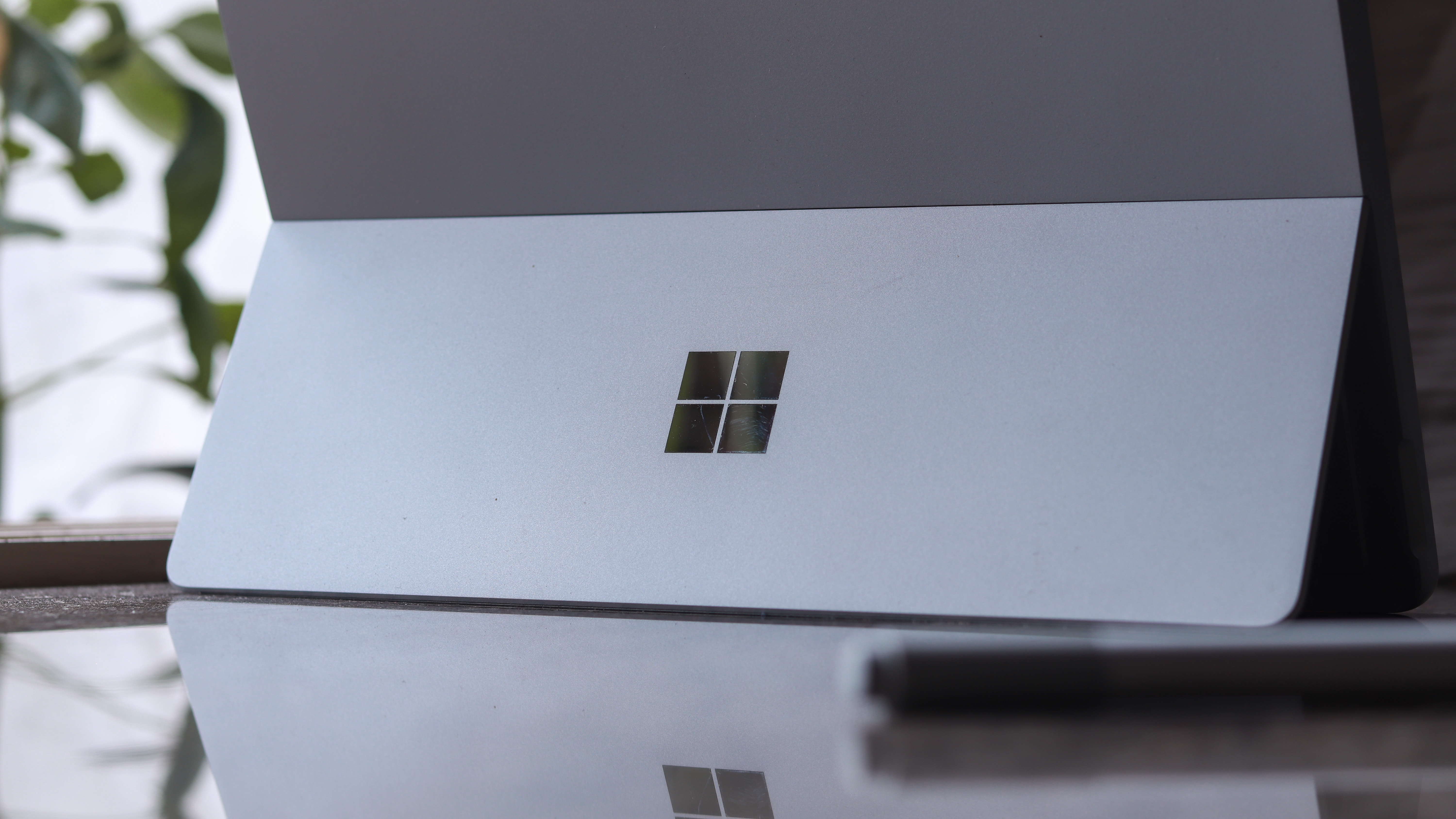Microsoft could be ditching Intel for data centers, Surface devices possible too
Updated: Looks like Microsoft wants some of that Apple M1 action

Sign up for breaking news, reviews, opinion, top tech deals, and more.
You are now subscribed
Your newsletter sign-up was successful
Update: Intel and Microsoft's Frank Shaw have commented on the report. It's far more likely that Microsoft custom silicon will result in new chips for its data centers than Surface products.
It was only about a month ago that Apple launched a wave of new Macs, headed by the new MacBook Pro, ditching Intel for in-house custom silicon. That was a rough blow for Team Blue, but it looks like Microsoft may be following suit.
Bloomberg is reporting that Microsoft is working on creating its own processors, both for its data centers and for future Surface products, based on ARM designs. It's unlikely this will result in a new product in the near future, but if this is true, it will be another major computing manufacturer moving away from Intel's processors.
- Here are the best processors
- Check out the best laptops
- How's the AMD vs Intel battle going?
It's unknown right now which products this would ultimately affect, or the timeline. However, this isn't the first time Microsoft has moved away from Intel in its products. The Surface Pro X used a custom Qualcomm ARM chip, after all, and the Surface Laptop 3 opted for an custom AMD Ryzen 3000 processor – though the latter still had an Intel version available for professionals.
From MSFT's Frank Shaw: “Because silicon is a foundational building block for technology, we’re continuing to invest in our own capabilities in areas like design, manufacturing and tools, while also fostering and strengthening partnerships with a wide range of chip providers.”December 18, 2020
We reached out to Microsoft and Microsoft's Frank Shaw provided us with the same comment referenced in the above tweet.
"Because silicon is a foundational building block for technology, we’re continuing to invest in our own capabilities in areas like design, manufacturing and tools, while also fostering and strengthening partnerships with a wide range of chip providers."
This doesn't really confirm the report, but does suggest that Microsoft will continue to work with different CPU manufacturers.
Sign up for breaking news, reviews, opinion, top tech deals, and more.
According to the Bloomberg report, these efforts are more likely to result in processors to replace the Intel Xeon chips in Microsoft's data centers rather than, say, the Surface Pro 8. However, there is still a possibility that this will result in a new Surface device.
We also reached out to Intel for more information, and it told us:
“The incredible demand for computing fueled by new workloads like AI is driving more silicon experimentation in the cloud. Building on decades of x86 ecosystem innovation, we are committed to providing customers the world’s best CPUs and new products from GPUs to AI chips. In this expanding market, we expect to gain share in many areas like AI training, 5G networks, graphics and autonomous driving.”
What does this mean to you?
If Microsoft does move away from Intel for future products, it wouldn't be the first time the Redmond giant has looked elsewhere. As we mentioned above, both the Surface Pro X and Surface Laptop 3 used chips from other manufacturers. So in a large way, this probably won't mean much right off the bat.
What it could do, however, is show that Microsoft is willing to put more work into optimizing Windows 10 on ARM, and giving users more of a reason to use products with ARM chips.
One of the major reasons the devices with the Apple M1 are so good is because of Rosetta 2, a code translation layer that essentially translates x86 programs on macOS to be able to run natively on ARM. Microsoft doesn't have anything like this right now, which means the only programs ARM-equipped Windows laptops can run are those on the Microsoft Store, which really is only a fraction of available Windows 10 apps.
The Bloomberg report leans more into claims that these chips could be coming to Microsoft's data centers, however. If true, it's unlikely that it will materially affect consumers in any way. But, because one of Intel's strongest areas is with its Xeon line of CPUs for data centers, it could be hugely meaningful to Intel, especially considering the scale of Microsoft and its Azure cloud platform.
Absolutely none of this has been confirmed by Microsoft, however, and it's unlikely that this will happen in the near term. After all, Project Kalamata, the Apple Initiative to develop in-house silicon, took several years after being rumored to result in actual products.
We'll see what happens here, but it's definitely an exciting time to be watching the computing landscape.
- Check out our Intel Core i5-10600K review

Jackie Thomas is the Hardware and Buying Guides Editor at IGN. Previously, she was TechRadar's US computing editor. She is fat, queer and extremely online. Computers are the devil, but she just happens to be a satanist. If you need to know anything about computing components, PC gaming or the best laptop on the market, don't be afraid to drop her a line on Twitter or through email.